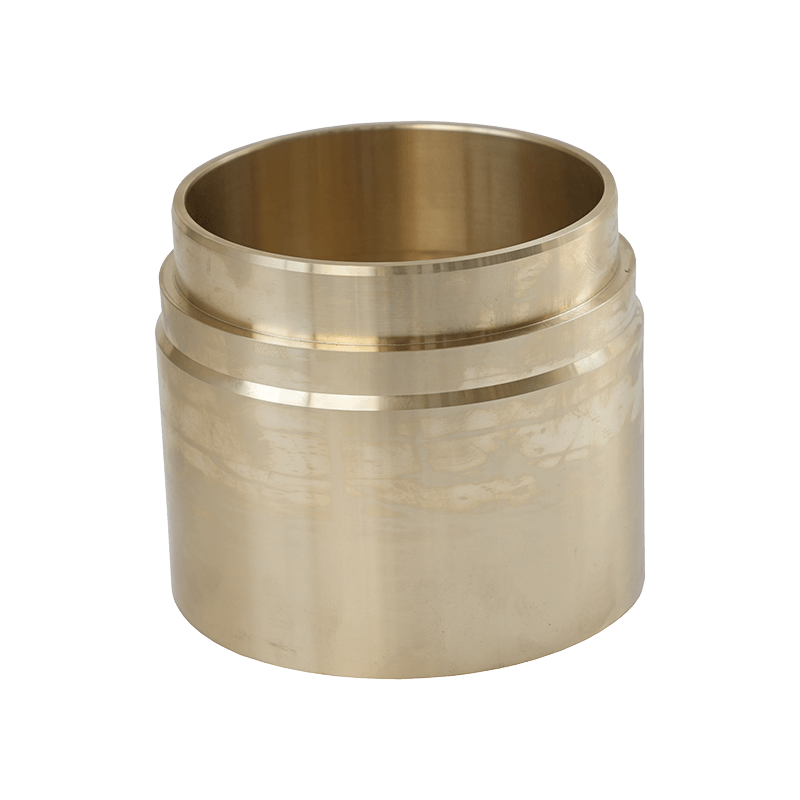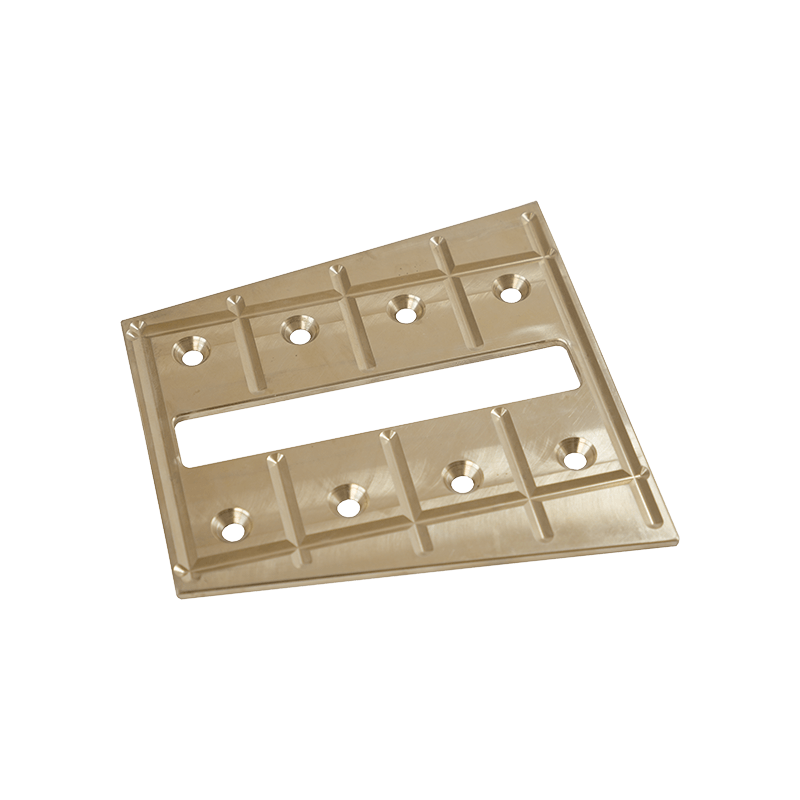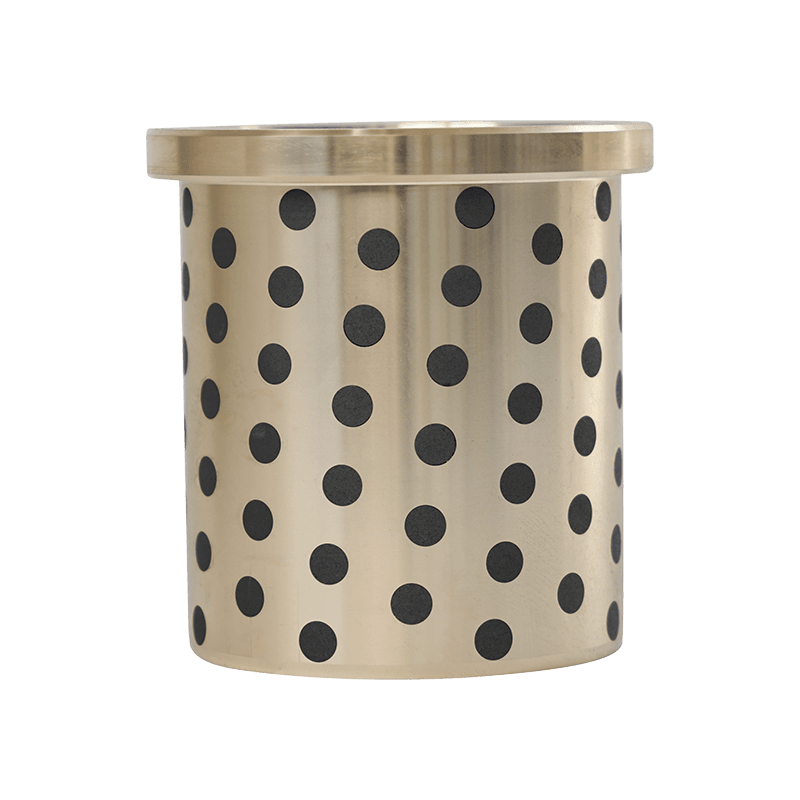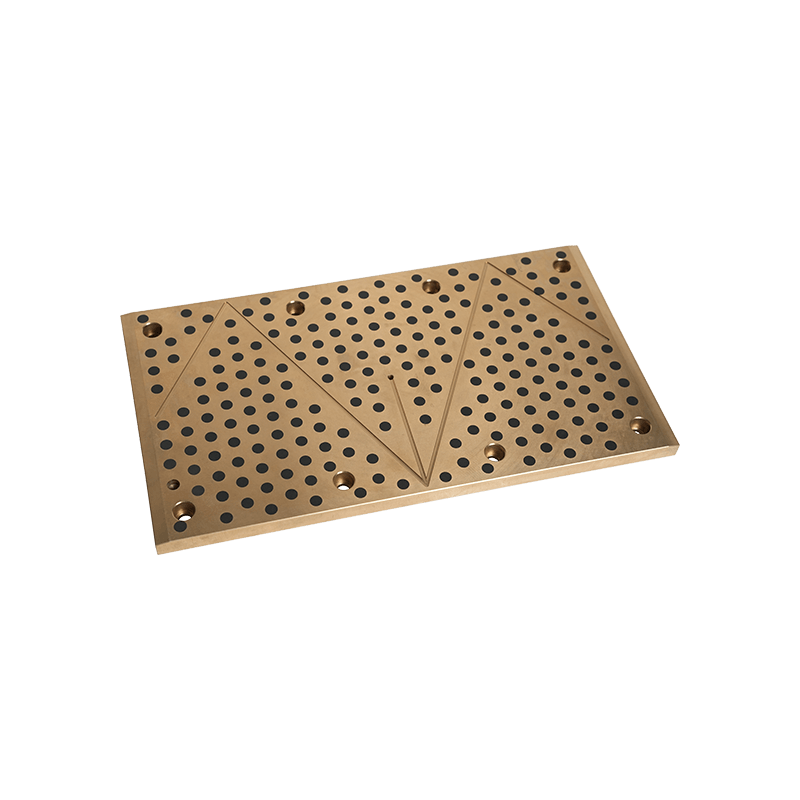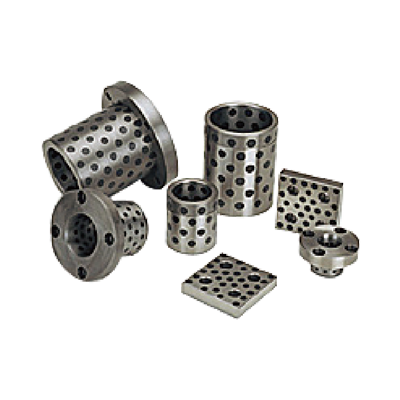เพิ่มความต้านทานการกัดกร่อนของ แผ่นคอมโพสิตเชื่อมเหล็กระเบิด in harsh environments is essential for extending their lifespan and maintaining performance in industries such as petrochemical, marine, and energy. The unique construction of these panels—where two or more dissimilar metals are bonded through explosion welding—allows for strategic material choices and treatment processes to resist corrosion effectively. ด้านล่างนี้เป็นกลยุทธ์สำคัญในการเพิ่มความต้านทานการกัดกร่อน:
Cladding with Corrosion-Resistant Metals: One of the primary ways to improve corrosion resistance is by selecting corrosion-resistant metals for the cladding layer. Materials such as stainless steel, nickel alloys, or titanium are often used as the top layer to protect the steel substrate from corrosive environments. โลหะเหล่านี้เป็นที่รู้จักกันดีในเรื่องความต้านทานต่อการเกิดออกซิเดชันกรดและการกัดกร่อนของน้ำเค็ม
Choosing the right base metal (typically carbon steel or other structural alloys) is important for mechanical strength, but it must also be compatible with the cladding material. The explosion welding process creates a metallurgical bond that enhances corrosion resistance at the interface, making it crucial to ensure both metals complement each other in corrosive settings.
Electroplating: Applying a thin layer of protective metal through electroplating (e.g., nickel, chromium) can enhance the corrosion resistance of the surface. Electroplated layers provide additional barriers against environmental exposure, slowing down the corrosive effects of moisture, chemicals, and salts.
สำหรับแผงเหล็กแผ่นอลูมิเนียมชุดอะโนไดซ์อาจเป็นวิธีที่มีประสิทธิภาพในการเพิ่มความต้านทานการกัดกร่อน กระบวนการนี้ทำให้ชั้นออกไซด์ธรรมชาติหนาขึ้นบนอลูมิเนียมทำให้พื้นผิวทนทานและทนทานมากขึ้น
การเคลือบแผงคอมโพสิตด้วยชั้นพอลิเมอร์ (เช่นอีพ็อกซี่หรือโพลียูรีเทน) เพิ่มอุปสรรคพิเศษให้กับการกัดกร่อน การเคลือบเหล่านี้มีการใช้กันอย่างแพร่หลายในสภาพแวดล้อมที่สัมผัสกับสารเคมีที่ก้าวร้าวน้ำเค็มหรือความชื้นเป็นเรื่องปกติ การเคลือบเช่นนี้ทำหน้าที่เป็นชั้นที่ผ่านไม่ได้ซึ่งป้องกันไม่ให้องค์ประกอบการกัดกร่อนจากการเข้าถึงโลหะ
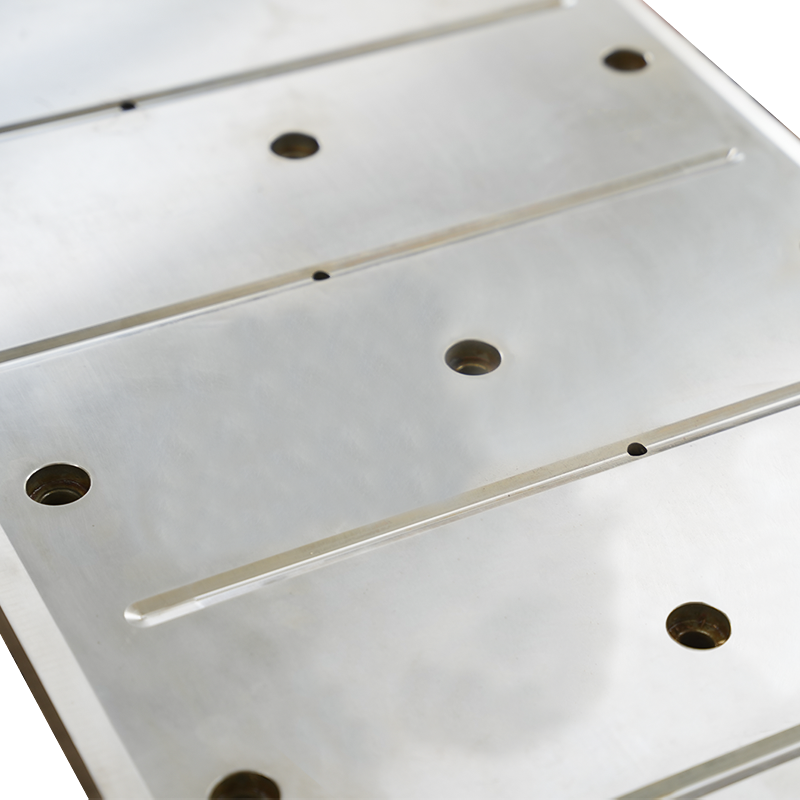
Stainless steel and other metals that naturally form oxide layers can benefit from passivation, a chemical treatment that enhances the formation of the protective oxide layer. สิ่งนี้จะช่วยลดการเกิดปฏิกิริยาพื้นผิวและปรับปรุงความต้านทานการกัดกร่อนในสภาพแวดล้อมด้วยคลอไรด์หรือสภาวะที่เป็นกรด
Installing sacrificial anodes made from more reactive metals (such as zinc or magnesium) can protect steel explosion welding composite panels in harsh marine environments. ขั้วบวกสึกกร่อนโดยเฉพาะป้องกันแผงคอมโพสิตโดยการเบี่ยงเบนกระบวนการกัดกร่อนออกจากโครงสร้างหลัก
In highly corrosive industrial environments, ICCP systems can be used to apply a small electrical current to the composite panel, preventing corrosion by neutralizing the electrochemical reactions that cause metal degradation. This is particularly useful for large structures exposed to water or buried underground.
When combining different metals in an explosion welding composite panel, it is crucial to avoid creating conditions that promote galvanic corrosion. This occurs when two dissimilar metals in contact with each other in the presence of an electrolyte (e.g., seawater) cause one to corrode faster than usual. การเลือกวัสดุที่เหมาะสมและการแยกระหว่างโลหะที่เข้ากันไม่ได้สามารถป้องกันปัญหานี้ได้
Proper sealing of joints, welds, and edges is vital to prevent moisture or corrosive substances from penetrating the composite panel’s structure. ยาแนวหรือปะเก็นสามารถช่วยปกป้องพื้นที่ที่มีช่องโหว่โดยเฉพาะในสภาพแวดล้อมทางทะเลหรือทางเคมี
In environments where the composite panels are exposed to rain, chemicals, or seawater, designing for effective drainage prevents the accumulation of corrosive substances. This is particularly important in complex installations like heat exchangers or piping systems, where stagnant water can lead to localized corrosion.
การใช้ตารางการทำความสะอาดและการตรวจสอบเป็นประจำสามารถช่วยตรวจจับสัญญาณเริ่มต้นของการกัดกร่อนหรือการเสื่อมสภาพของพื้นผิว This is especially important for environments with heavy exposure to corrosive chemicals or saltwater. การกำจัดการสะสมของเกลือสารเคมีที่ตกค้างหรือมลพิษต่อสิ่งแวดล้อมจะลดผลกระทบที่กัดกร่อนบนพื้นผิวของแผง
In highly aggressive industrial environments, controlling factors such as humidity and temperature can reduce the corrosive effects on the composite panel. การลดความชื้นการควบคุมอุณหภูมิหรือระบบการไหลเวียนของอากาศสามารถลดความเสี่ยงของการกัดกร่อนในพื้นที่ปิดล้อมหรือ จำกัด
การใช้สารยับยั้งการกัดกร่อนกับพื้นผิวของแผงคอมโพสิตหรือรวมเข้ากับการออกแบบสามารถทำให้กระบวนการกัดกร่อนช้าลง สารเคมีเหล่านี้ก่อตัวเป็นฟิล์มป้องกันที่ปิดกั้นการทำงานร่วมกันระหว่างพื้นผิวโลหะและองค์ประกอบการกัดกร่อน
To enhance the corrosion resistance of Steel Explosion Welding Composite Panels in harsh environments, a combination of selecting the right materials, applying protective coatings, using cathodic protection, and adopting careful design and maintenance practices is essential. These strategies not only protect the panels from corrosive damage but also ensure their long-term durability and performance in demanding industrial and marine applications.



 +0086-513-88690066
+0086-513-88690066